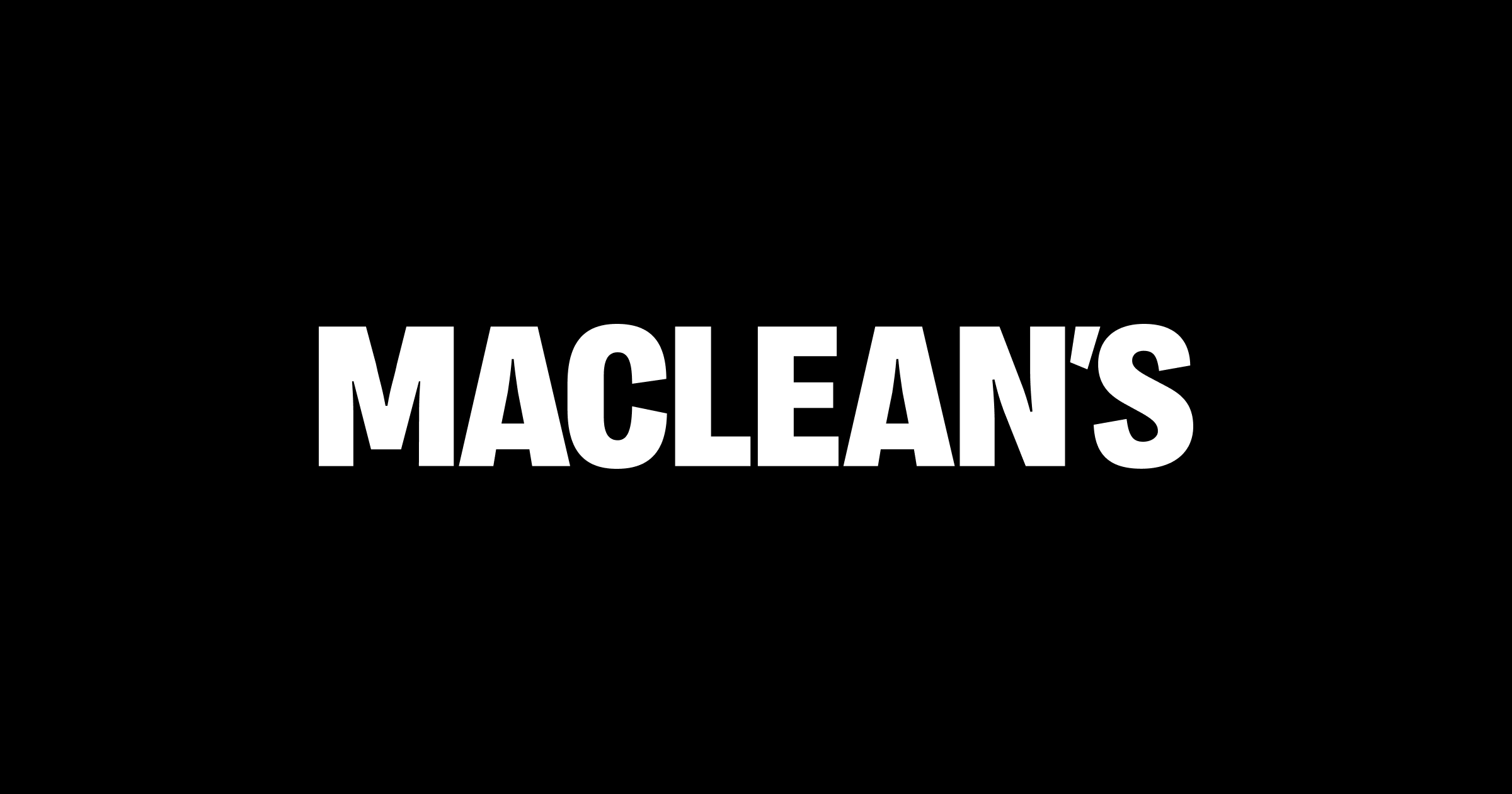It is an imperfect system, and definitely a lot of the big cities GDP can be attributed to the human and resource capital of the surrounding regions.
That said, it cannot be ignored that even accounting for this fact, cities do punch well above their weight when it comes to economic output, both in terms of area and human production. A lot of services provided to outlying regions could not be financed without money coming from these urban centers.
So back to what
@KevinB was saying, that cities are unsustainable is just incorrect. Its simply that municipalities, in charge of servicing these big cities do not have the means to do so as currently constructed. They don't have access to revenue gathering mechanisms that allow them to take advantage of their economic output, and they often have to service those who do not live in the city in question.
Babies and toddlers are not terribly productive.
Unless there is something that can be produced with dirty diapers, in which case they are incredibly productive.










